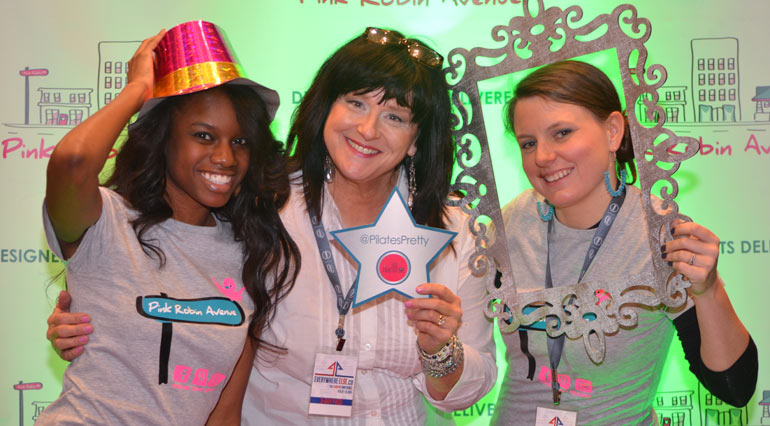 My favorite thing about working in startups?
My favorite thing about working in startups?
Companies like PlanG. We are inundated with apps, social networks, and games that seem to make little real difference in the world. It’s often hard to identify the real problem companies are solving, even if those companies are creating something fun.
PlanG isn’t like that. Instead, PlanG is taking philanthropic giving and making it easier and more efficient. Individuals simply create a “giving” account and deposit funds into it from their credit or debit cards. They can also create fundraising campaigns to get their friends involved, or give and receive PlanG gift cards. Then, each person can pick from over 1 million charities to give to, as many charities as they want. The PlanG account gives the money securely, and at tax time, there’s a tax report all ready to go.
Personally, I love this idea alone. It makes it easier to manage the money you give to causes you love, and increases your awareness of what you’re giving. I’m sold on just those features.
But, the best thing about PlanG is the platform they’ve created for brands.
We all know how giving-through-shopping works: brands pick a cause and customers know when they purchase something, a percentage goes to the advertised cause. Think Gap’s (red) campaign.
This tactic is called cause marketing, and it allows brands to promote brand loyalty through the emotional connection people have with giving to others. By some measures, 80% of customers are willing to switch if a brand is associated with a good cause.
How much more powerful would that be if the individual shopper could pick the cause themselves?
PlanG’s “Spend and Give” platform allows brands to offer just that kind of customization. When you shop at businesses with the free platform, a percentage of your purchase is deposited into your PlanG account. Then you can give to whichever cause you see fit.
With their suite of business products, PlanG helps brands build customer loyalty, but it also makes giving more frictionless for individuals. Sometimes the big name organizations a brand might partner with are actually pretty controversial. Customers may not want their money going to that particular cause. Allowing individuals to channel their money to causes they love will also increase their loyalty to the brand.
Win-win-win
The Richmond-based company has had a busy 16 months.Founded in 2010 by Marti Beller, Heather Loftus, and Melina Davis-Martin, they closed a $4 million angel round in February 2012. They used that money to build their beta site and various features of the product. The site launched out of beta in February 2013, and now they are focusing on new strategic partnerships with businesses that may want to utilize PlanG’s giving platform.
Check out the PlanG website for more information and keep up with them on Twitter. This female-led startup is doing great things.






